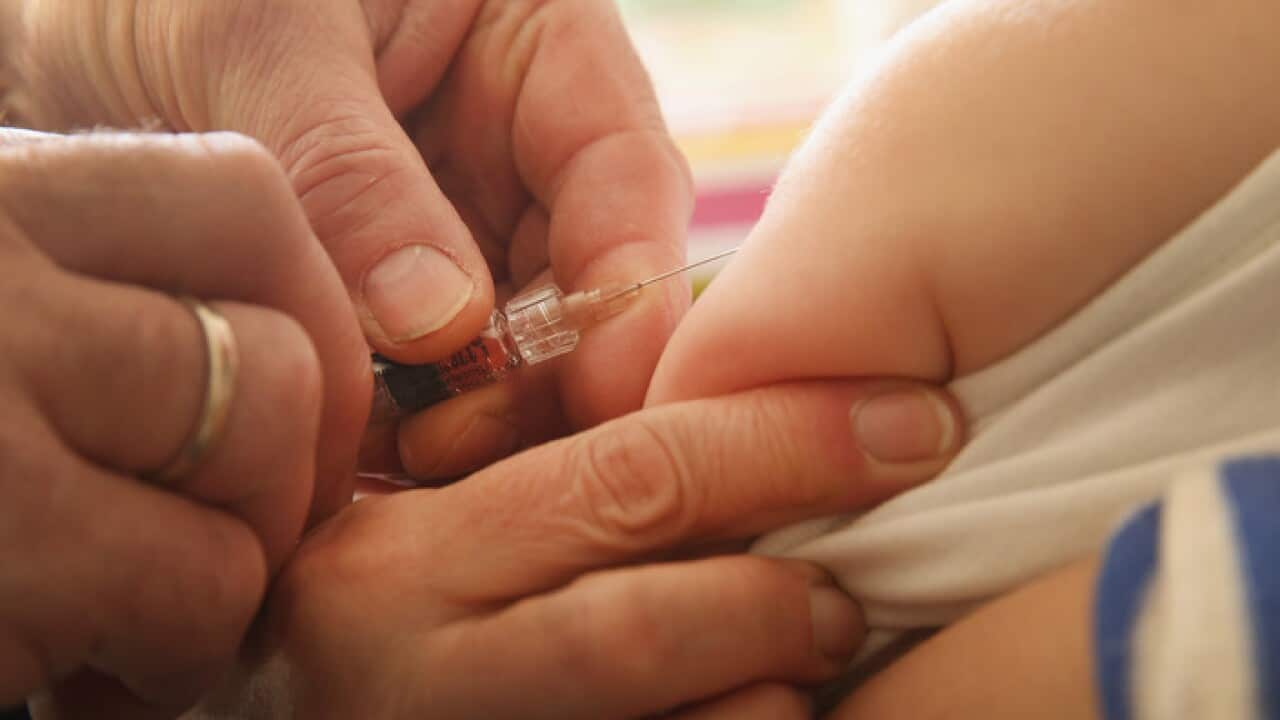Creating vaccines for common infections could help delay the increasing threat of antibiotic resistance, according to a new report.
There could be serious reductions in the number of antibiotics prescribed if there were vaccines for bugs that are regularly treated with the drugs.
Vaccines can be useful to combat drug resistance because they reduce the number of infections and avoid antibiotics being used, which is a key driver of drug resistance, according to the latest in a series of reports by the Review on Antimicrobial Resistance (AMR).
There are many vaccines which could play a "crucial role" in tackling antimicrobial resistance but the drugs are not on the market or even in the early stages of development, the authors said.
More must be done to encourage the development of these drugs, they added.
A vaccine with "enormous global benefit" would be one against E.coli strains - specifically ones that cause diarrhoea, urinary tract infections and bloodstream infections, they said.
Wider use of vaccines could also help allay the threat, according to the review, which is being led by Lord Jim O'Neill.
For example, universal coverage of the pneumococcal conjugate vaccine would cut the number of deaths from pneumococcal infections and could also prevent 11.4 million days of antibiotic use per year in children younger than five, estimates suggest.
The report states that the situation is similar for diarrhoeal disease which is also a major cause of child mortality in developing countries and a driver of antibiotic use.
"The problem of drug-resistant infections could be compared to a slow-motion car crash - one that has sadly already begun," said Lord O'Neill, chairman of the Review on AMR.
He said 700,000 people were already dying every year from resistant infections, "rising to 10 million a year by 2050 without action to hit the brakes now."
"Antibiotics are important to tackle this threat, but if we can encourage the development and use of vaccines and other alternatives we give the world a better chance of beating drug-resistance.
Dame Sally Davies, Chief Medical Officer for England, said: "Tackling antimicrobial resistance requires a wide range of approaches and developing alternatives to antibiotics, in humans and animals, is critical to the fight. Vaccines have a vital role to play in combating drug resistance, by preventing infections in the first place.
The review will make its final recommendations to the Prime Minister in May 2016.
Share


